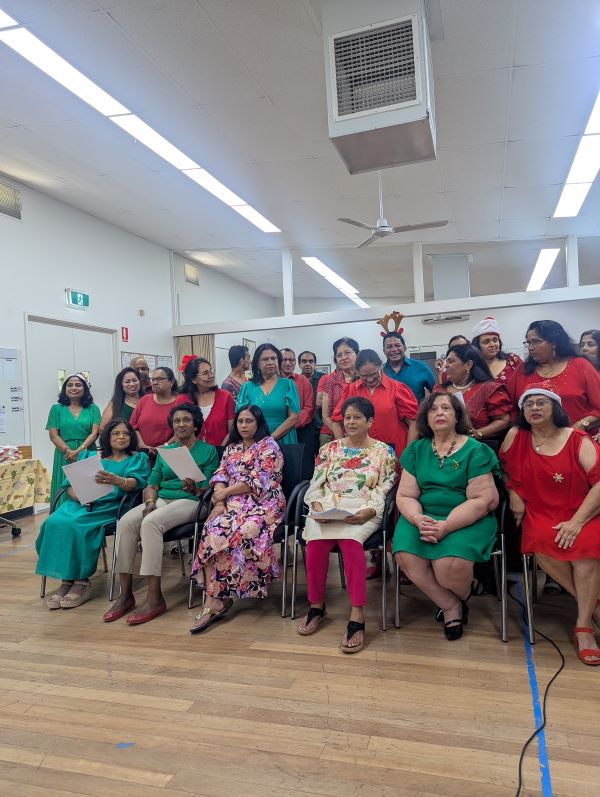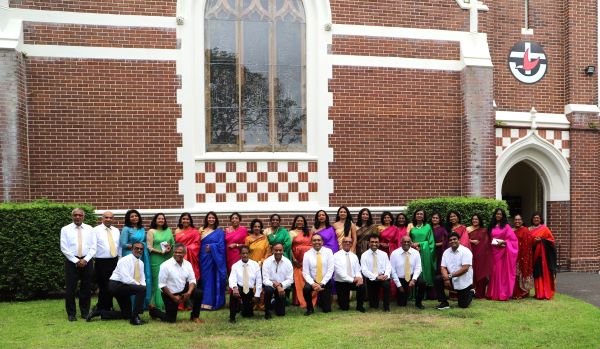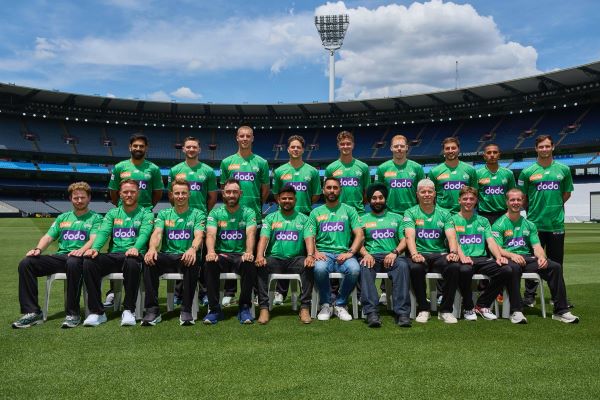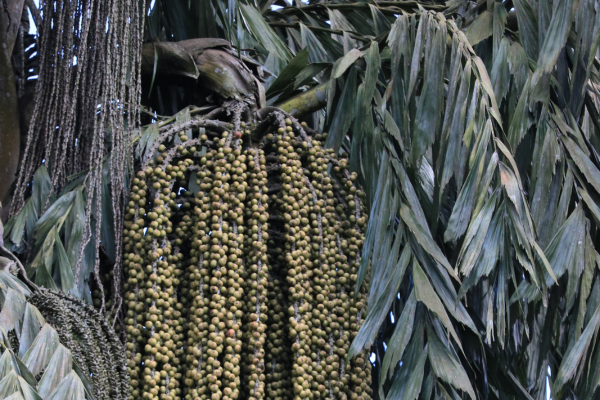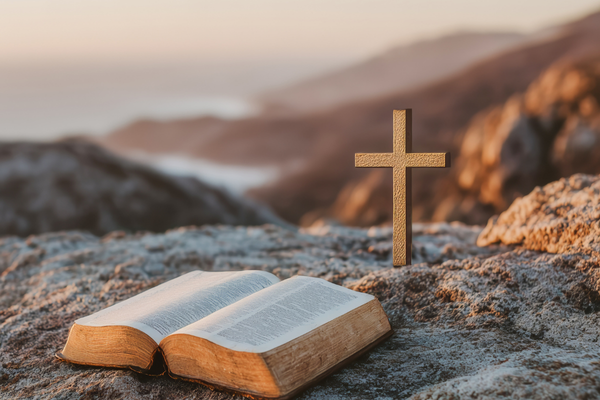Peace process: Some reflections – By Oscar E. V. Fernando

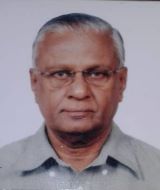 What really is the ethnic issue in Sri Lanka, is an oft repeated question. In any case an ethnic issue could only arise due to some grievance harboured by a minority. Such a grievance could arise from a thwarted aspiration, or wanton ill treatment of a minority with racial hatred. Up to the time the British gave us Independence one could say that the voice of grievances was not loudly heard, as at that time Tamils were well placed in society, mainly due their good knowledge of English among other reasons. But however up to Independence and before that, there was a notion of Tamil Arasakatchu, which implied some form of separation.
What really is the ethnic issue in Sri Lanka, is an oft repeated question. In any case an ethnic issue could only arise due to some grievance harboured by a minority. Such a grievance could arise from a thwarted aspiration, or wanton ill treatment of a minority with racial hatred. Up to the time the British gave us Independence one could say that the voice of grievances was not loudly heard, as at that time Tamils were well placed in society, mainly due their good knowledge of English among other reasons. But however up to Independence and before that, there was a notion of Tamil Arasakatchu, which implied some form of separation.
With the passage of time we witnessed two abrogated Sinhala/Tamil pacts which dealt with some form of autonomy to an area which was densely populated by Tamils in the north of the country, situated a few miles away from Tamil Nadu in India. Perhaps abrogation of these pacts thwarted the aspiration of separation causing a grievance to the Tamil community. Now, this small voice of Tamil Arasakatchu has evolved into a loud cry for eelam commencing with the Sinhala Only Act of 1956 and climaxing with Black July 1983, which was a retaliatory act by the Singhalese for the killing of 13 soldiers by the LTTE.
Even prior to 1956 none can point out racial hatred as was clearly evidenced by the fact that a Tamil contestant vied with a Singhalese and obtained a seat in Parliament with a Sinhala majority vote. The homeland theory advanced for a separate state has had endless hairsplitting academic debates by both sides of the divide and if this is taken to the negotiating table we will certainly be back with the same hole in the bucket! Instead, let us hope that peace be sought by discussion of pragmatic ground realities as existing today, by looking into the just grievances of Tamils, and recognizing them as equal citizens who would like to live with self esteem in Sri Lanka. So much for a grievance arising from a thwarted aspiration.
Consensus of the people
Other grievances may be categorized into two basic areas. One is the language issue arising from the Sinhala Only Act passed in 1956 and the other is the colonization program, by which the government has settled Sinhala people in the so called Tamil homeland. Out of these the former is not debatable and is an issue that must be completely eliminated from the Sri Lankan society, but the latter may be debatable.
These are best left to be discussed at the negotiating table, as the Prime Minister has categorically stated that no decisions on the deliberations arising from such negotiations will be implemented without the consensus of the people at a referendum and a debate in Parliament. We should also heed the statement made by the Prime Minister at the Woodrow Wilson International Center. The old injustices of yesterday will seem irrelevant in the Sri Lanka we intend to build tomorrow. Our aim is to bring all our people together in social harmony, working as a nation within the world community.
The grievances on the grounds of language can run into a long list. Prominent among these being the 7th Standard Sinhala language test for recruitment to and for promotions in the public sector, followed by the standardization principle to enter universities. These two injustices have been removed for some time now. It is worth pondering what the Sinhala youth would feel, and also do, in a similar situation if Singhalese were to be in a minority position some time, some day. Nothing is impossible in this dicey world! What with the heaving up of the earth’s crust etc!!
Was it really racial hatred that prompted the Sinhala governments to go on postponing a solution to this burning ethnic issue over the years? . As in all other aspects of Sri Lankan life the Singhalese meandered along with a wait and see policy. This is a strange phenomenon when we see the Sinhala industriousness of the pre-invasion era with irrigation, agriculture and construction feats which are fascinating, to say the least. Perhaps the Sinhala psyche suffered a hibernation period and is still seen struggling to get on their feet several years after Independence.
There is always that particular time to take stock and recommence, and that is exactly what the Singhalese should do now, after facing several challenges over the recent past. This slow pace of the Singhalese matched with the Tamil Hindu vibrant philosophy, which had paternal affinity in neighboring Tamil Nadu in India, has dragged the ethnic issue into the present plight climaxing with the Black July 1983.
This happening in 1983 could be taken as a long awaited swan song story of Singhalese hating Tamils to the extent of some foreigners, believing up till recently, that there is a race in Sri Lanka that consumes human flesh with pepper and salt! There were the sporadic incidents of Tamil Sinhala riots before Black July, most inhumanly killing innocent Tamils and these were the work of extremist elements which cannot be condoned by civilized people. But now, so sadly, there is animosity between the two races and in some quarters even hatred.
Tamil homeland
Much of the ethnic strife would have been solved if there were sufficient translators or if the government had the will to find translators who knew Singhalese, Tamil and the relevant subject. But this was not done and now, from one blunder leading to another, we face a huge crisis. The GOSL should take the opportunity of the services of the Peace Corps to the hilt and spread the teaching of English to cover the length and breadth of the country, starting with the pirivenas, temples and churches.
This will no doubt be a great boost, if not a near complete solution for racial unity in the country. On the subject of grievances, it will be interesting to know whether there are any laws passed by Parliament discriminating against Tamils purely because of their racial origin. There is however a prevailing law called the Thesawalamai law recognized by the Judiciary of SL which has prevented any person other than a Jaffna Tamil from purchasing land in Jaffna. There is no such law preventing Tamils or any other citizen of SL from purchasing land from any other province. So much so, several Tamils have purchased and continue to purchase land in the south especially in Wellawatta (called Little Jaffna).
They lived and continue to live in harmony and peace with the majority of the Singhalese, in spite of the traumatic experiences of 1983. In this context a concept of a Tamil homeland which eventually would mean Singhalese having to obtain a visa to enter therein is anathema to the Sinhala mind. In such a situation one could wonder what will happen to Little Jaffna in the south! Apart from such a Tamil homeland, now there are rumblings about territorial rights on the seas surrounding the homeland, which obviously would meet the territorial rights of Tamil Nadu on the high seas.
A far-fetched notion in deed! One could understand some sections of the LTTE making such pronouncements and appearing to carry out motions of eelam at this stage, only to the extent that they have to justify their eelam stand in the eyes of some of its supporters, until they get a solution to the Tamil problem at the negotiating table. The high command of the LTTE should restrict such exuberant behaviour, which only rouses up Sinhala sentiments and fears.
The Minister of Foreign Affairs has stated in Singapore, although a ship has been stopped since the cease-fire agreement carrying arms presumably for LTTE, the Sri Lanka government would not be taking action, as we are determined that no extremists will divert us from the main purpose of pursuing peace.
Should not these pious platitudes be matched with action to stem the tide of further arms shipments coming in? Whether it be for LTTE or otherwise, what is the purpose of bringing shiploads of arms to the country, other than for terror? This may be one area where America can put into concrete terms the statement that they are solidly behind us in our fight with terrorism, by assisting us on naval protection against infiltrations across the seas, whilst we are engaged in the peace process and at the same time grappling with an escalation of terror within our meager resources.
Should we in Sri Lanka fear a super power crisis when there is only one super power in the world today? At least for some time to come! Also the PM has stated that the army personnel may now want to get back home. Perhaps they could be deployed in the Navy after a period of training. Guarding our seas will certainly make inland fighting redundant and may even be a permanent feature after the several unresolved arms shipments that were detected. What about those undetected? Such action would nip terrorism in the bud at least in Sri Lanka.
Equal status
In all countries, as in Sri Lanka the shadow of a majority may fall on minorities. It is so in our neighbouring India too. The pragmatic situation in Sri Lanka is, that there is a majority race around 16 million Singhalese, having characteristics of their own, with a rich language, culture, alphabet with well formed phonetic, and other races of around 2M, having as rich a culture as the Singhalese (Tamils having it more strongly as it is very similar to the neighboring highly populated Tamil Nadu). This is a fact of life.
Hence the prevalence of human rights organizations such as Amnesty International, etc to which recourse could be made in this age of information technology within seconds, and their representatives could come over to observe and report on human rights violations within hours, or may be in minutes in the near future. Once equal status before the law for all citizens is ensured, one could see that the remedy for violations of human rights is certainly not to demand a separate state in this age of fast mobility. Let us fervently hope that the LTTE would give up the eelam demand at the negotiating table in such circumstances.
The Singhalese should realize that all citizens of Sri Lanka, no matter what the origin is, has a inalienable right to expect the government to do its duty by them. Take the case of America. Can they deny rights to the progeny of black settlers pointing out how their forefathers came to America? The present day black people will never take it lying low, without recourse to courts of law and thereafter to human rights organizations. No parallel is implied in Sri Lanka. The treatment of minorities in a country will speak loudly of the level of education and graciousness of a majority.
Confrontational politics
Speaking of the graciousness of a majority it is worth adverting to some comments made of Sri Lanka by outsiders. The High Commissioner for India who is now relinquishing duties here, recently stated that both India and Sri Lanka are two nations with one soul, echoing a statement made by his grandfather Mahatma Gandhi in 1939 that it is; at least should be; impossible for India and Ceylon to quarrel. Another comment of the HC is an extract of a letter written by George Bernard Shaw to Nehru after visiting Ceylon in 1948.
Ceylon is the cradle of the human race. Everyone here is an original-all other nations are mass products. The same sentiment was echoed by an American leader to our PM when he said that the way Sri Lanka is approaching the Peace Process is a lesson to the rest of the world. Let us therefore play cricket in implementing the PP, as we have been world champions in being sporty!
Today we have international support for the PP. In this grave crisis situation how do the local politicians stand, in a situation of fist fights in our august assembly? It is time that at least some of the politicians of the two major parties who are descendants of our earlier statesmen, ( there are those who can aspire to the posts of President, Prime Minister and the Speaker without upsetting too much the present status quo) realize their duty by the nation at this critical juncture and avoid confrontational politics to save and develop the country so as to avoid the uprising of the third force and also to stop the hooliganism that appears to be a concerted effort by some to bring down the esteem of our Parliament.
The priority of all and more important, the representatives of the people, should be to save the country and not the recoupment and punishment for billions spent, for which there perhaps is no remedial action, due to the very nature of the present constitution. Why waste precious time. If at all let the law take its own course and that too discreetly without unwanted exuberance which can only scuttle the PP and provide newspaper headlines for those interested! Have we not heard that a person is innocent until proved guilty! It is well to remember that it is not the country’s executive nor the media that declares a person guilty, but the country’s judiciary. All that has to be done is to provide the facts and figures for a thorough investigation and await the report and thereafter take necessary action.
If the people of the country have given to the government a mandate to negotiate with the LTTE which has been banned abroad for causes known to all of us, there is no reason why the government should not do their utmost best to sit down seriously for talks with the other major party in Parliament in this grave hour of the country.
Acting! So what? Aren’t we all actors in this drama called life? When we act at times, with passion, and then regret what we have done, do we not feel that we have acted against the spark of the divine within all of us? It is based on this thinking that Christ admonished to turn the other cheek. If a person slaps you and you turn the other cheek, more often than not this other person will not attempt to slap you again. It is worth a try, than merely scoring points which will only be a vicious cycle. It is very heartening to see some.
Honourable members of the Cabinet behaving in this manner so as to introduce a new political culture in our country. How long is the feud that started almost at the beginning of our Independence era to go on? It is time to stop the rot. This is exactly what the LTTE leader pointed out as to whether the Singhalese have the political will and unity to grant them some of their demands? Tamils have learned from history. Have we!? This however does not mean we must grant each and every fancy of the LTTE, but just to show that Singhalese must provide a united front in this national crisis like the Chirchilian times of war in Britian.
At least some of the descendants of our statesmen, to name a few, Senanayakes, Bandaranaikes, Premadasas, Wickremesinghas, Rajapakses, Dissanayekas, should rise to this occasion to avoid hooligans from destroying our parliamentary democracy. We all make mistakes. To err is humane but to forgive is divine. Let us set an example to the rest of the world and forgive each other at least this once.
In a lighter vain, let me point out that we in Sri Lanka should reminisce the gallantry of Sir Walter Raleigh who according to legend, laid his cloak over a mud puddle so that the lady’s feet will not be dirtied and also Shakespeare when he says Hell hath no fury like a woman scorned!! It was however heartening to hear a dialogue on TV between a cabinet minister an opposition MP only a few days ago, who stated that nothing serious has so far happened to prevent the two major parties in Parliament getting together.
This augurs well for the future of the country and is a matter to be pursued relentlessly without incurring further time and cost for another General Election as we are on the brink of disaster. We have heard that all is fair in love and war. so be it in politics! Yes. Do bury the past and eschew revenge for the sake of the country. It is never too late.
(The writer is Former Director Finance and Member Board of Management Sri Lanka Foundation).

















